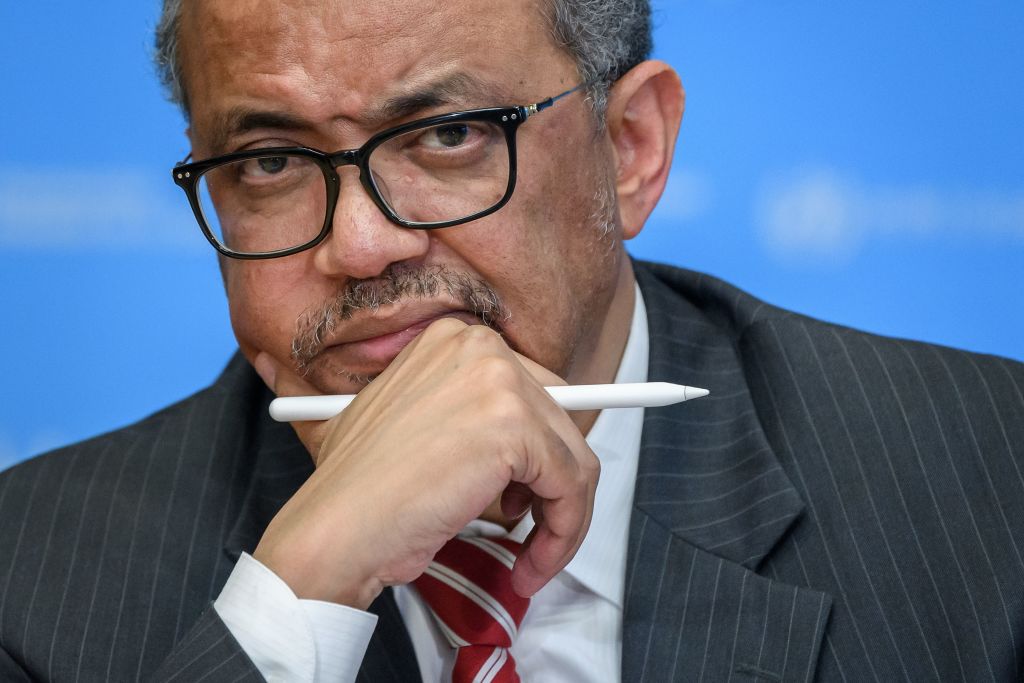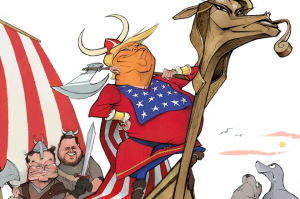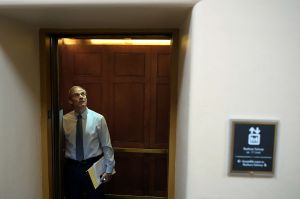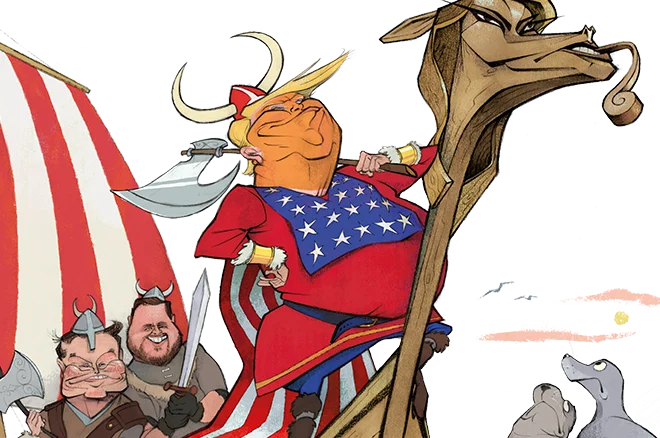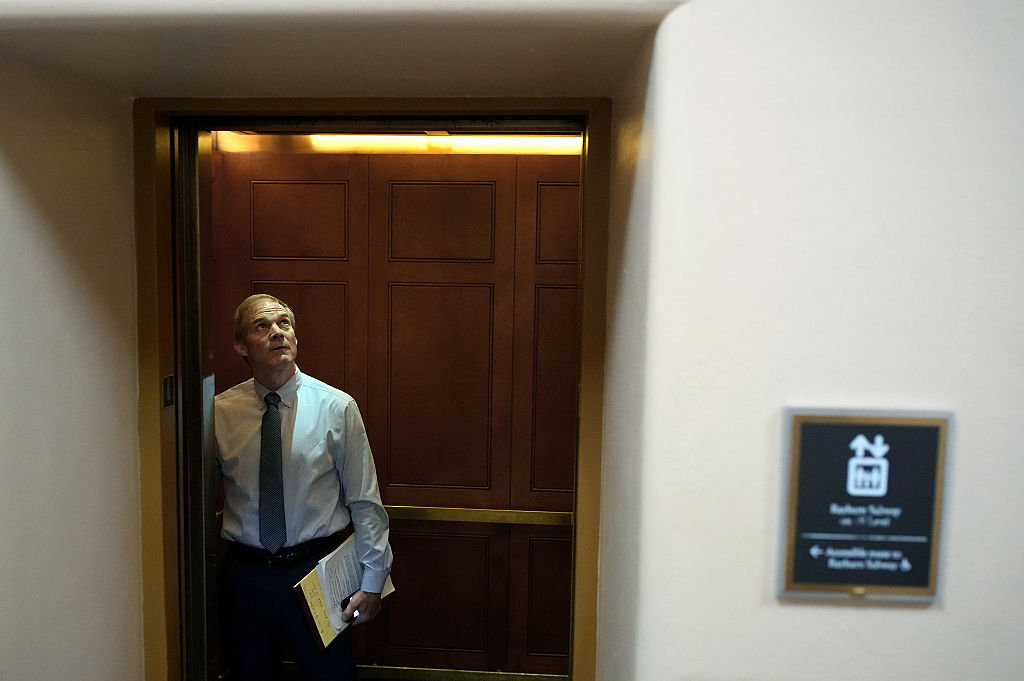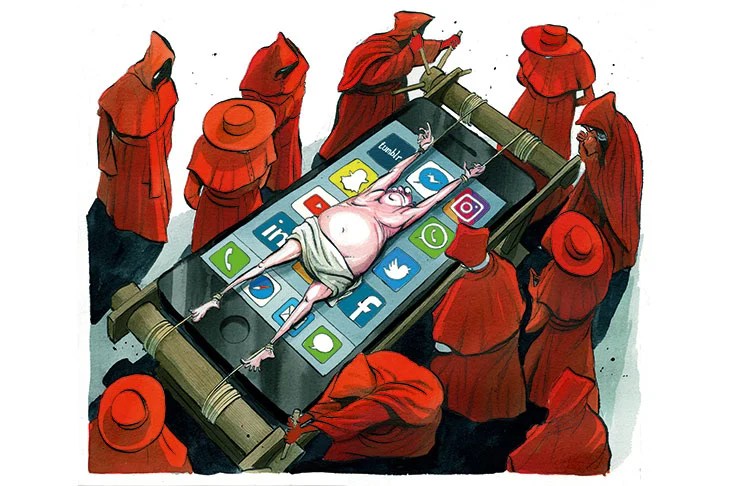On December 30, Ai Fen, director of the emergency department at Wuhan Central Hospital, got the lab results back about one of her patients who had a flulike illness. The words she read on the report made her blood run cold: ‘Sars coronavirus’. She circled the word ‘Sars’, took a photo and emailed it to a doctor at a neighboring hospital. Within hours, the photo had been sent to dozens of people in the Wuhan medical community. One of them sent a series of messages to a private group on WeChat, advising his colleagues to take precautions, and someone took screenshots of those messages and shared them more widely.
Had those doctors been working in another Southeast Asian country (Taiwan, say), the media would have quickly picked up on the chatter about a mysterious new virus and, within days, the authorities would have had no choice but to investigate. On learning of a viral outbreak, they would have then done their best to contain it.
But because this was China, the doctors with whom Ai Fen shared the photograph were arrested two days later, forced to sign confessions saying they were guilty of spreading false information and only released when they’d given an undertaking not to talk about the new virus again. The story made it onto CCTV, the state-owned television network, but it wasn’t about the emergence of a new disease. Rather, it was about a group of irresponsible doctors in Wuhan who had been punished for ‘rumor-mongering’.
We cannot know for certain that the outbreak would have been nipped in the bud if China were a free country rather than a communist dictatorship, but we do know that by the time the state decided to act it was too late. After a Herculean effort to deny that SARS-CoV-2 posed any danger to the public, including persuading the World Health Organization (WHO) to announce there was no evidence of ‘human-to-human transmission’ on January 14, the Chinese authorities finally admitted there was a problem on January 23, imposing a cordon sanitaire around Wuhan and surrounding cities in Hubei Province. That was two days before the Chinese New Year holiday on January 25; by that time an estimated five million people had already left the area and traveled to other cities in China to be with their families for the holidays.
It’s worth noting that the travel ban imposed on January 23 applied only to internal journeys, not to international ones. Residents of Wuhan and other cities in the region were still able to fly to New York, Los Angeles, London, Paris and Milan. Why the ban applied only to travel within China is a question that Xi Jinping still hasn’t answered. As Andrew Sullivan put it in New York magazine: ‘It’s as if the Chinese Communist party leaders said to themselves, “Well, we’re going under, so we might as well bring the rest of the world down with us.”’
Would the emergence of a novel coronavirus in Wuhan at the end of December have led to a global pandemic if the Chinese authorities had acted more quickly? Almost certainly not. A group of researchers at the University of Southampton looked at what difference it would have made if the travel ban and other non-pharmaceutical interventions had been put in place three weeks earlier, as soon as the doctors raised the alarm. They concluded that cases would have been reduced by 95 percent. In all likelihood, the virus would never have made it out of Hubei.
No doubt China will be judged to have mismanaged this crisis in a number of ways when the official inquiries get under way. There are already a flurry of lawsuits seeking compensation from the Chinese government, including one launched by Missouri Attorney General Eric Schmitt, who claims the state has suffered tens of billions of dollars in economic losses as a result of China’s negligence.
But perhaps China’s biggest sin was to stop those Wuhan doctors exercising their right to free speech. Had they been allowed to raise their concerns in the public arena, instead of being silenced and publicly shamed, it’s likely that hundreds of thousands of people across the world would now still be alive. At the time of writing, there have been 4.1 million confirmed cases of COVID-19 and 283,000 deaths from the disease.
***
Get three months of The Spectator for just $9.99 — plus a Spectator Parker pen
***
China’s suppression of free speech didn’t just apply to its own people, but extended, indirectly, to other countries via the WHO and tech giants like Google. Remember, YouTube CEO Susan Wojcicki appeared on CNN’s Reliable Sources on April 22 and declared that the social media platform would remove any content that challenged the WHO’s version of events. That means the WHO was effectively dictating what people were allowed to say about the disease on YouTube, and that in turn enabled the Chinese Communist party to extend its control of the coronavirus narrative far beyond its own borders.
Not only did the WHO faithfully do the bidding of the Communist party authorities on January 14, but, according to a leak from German intelligence, Xi Jinping telephoned WHO director-general Tedros Adhanom on January 21 and urged him to delay issuing a warning about the virus.
Sure enough, the WHO didn’t declare the crisis a global pandemic until March 11. Xi Jinping, it turns out, has an army of useful idiots stretching halfway across the world. America and other western authorities should demand that Beijing stop censoring important truths. Free-thinking people everywhere should condemn those among us who facilitate China’s lies and apologize for its shameless regime.



